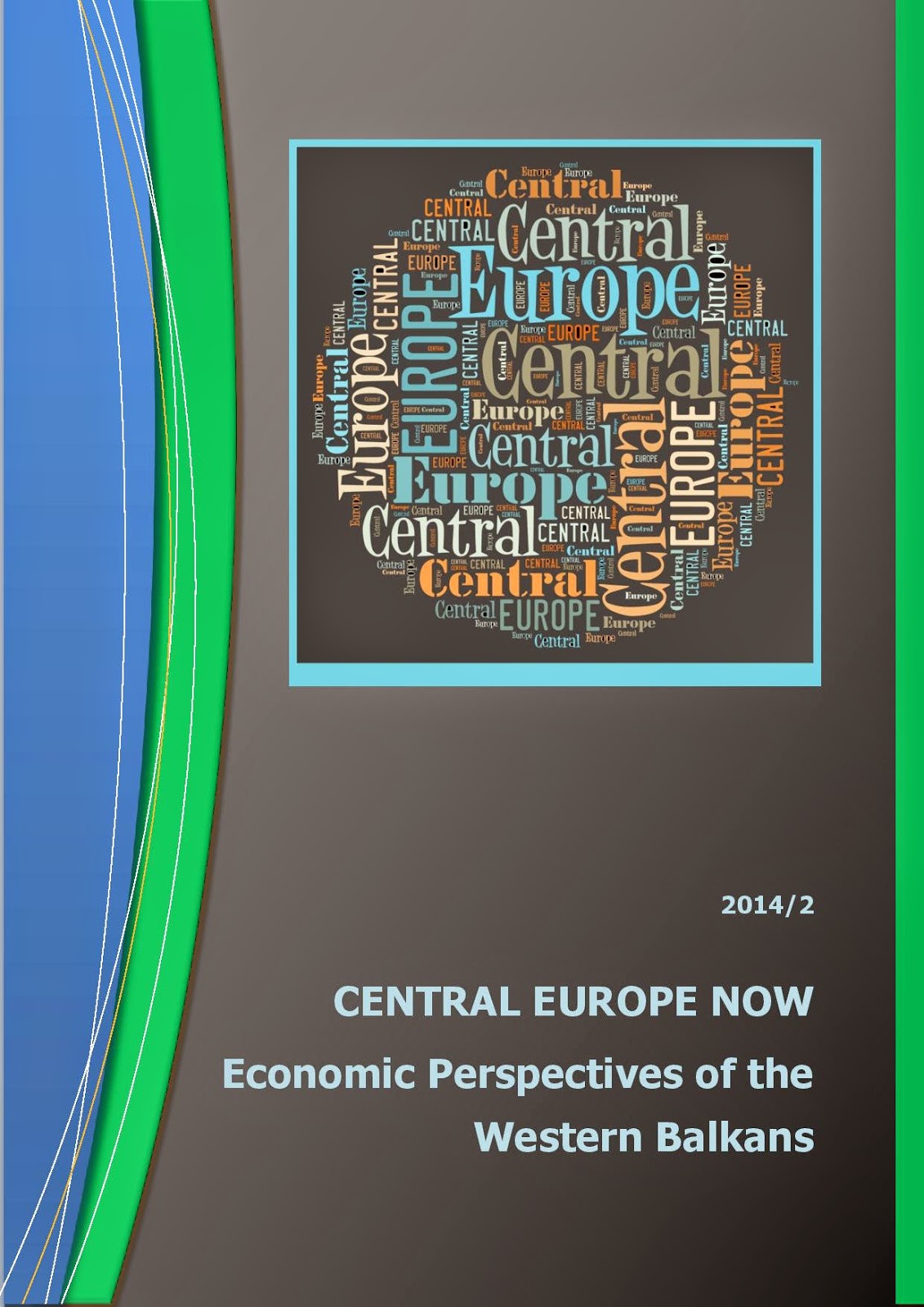Since the elections in
April 2014, numerous economic and political analyses have been published on
what happened and what the future will look like for Hungary. From among the
abundant explanations and forecasts the most powerful one to emerge has been the
government narrative. After winning the overwhelming majority of parliamentary
seats, it seems that the master plan of Viktor Orban has finally been achieved.
He can position his party in the middle of the political arena and himself as
the defender of democracy against far right party Jobbik. At the same time, the
totally fragmented ‘left’, which has been unable to formulate coherent economic
and political messages, is far from being able to pose a serious challenge to
the government. The aim of the present analysis is to serve as a basis to
reveal the fundamental principles behind the government’s economic policy. The
understanding of the economic philosophy helps to see economic decisions and
measures in their complexity and to judge the long-term economic sustainability
of the government strategy with confidence. This strategy may have significant
consequences and set a strong framework for the economic and social development
of the next decade. (Click on the picture)
The next decade in the Central and Eastern European region can be described by challenges that are on a par with those of the early nineties. We are convinced that further major crises await the region and specific countries in particular. We would like to be part of the journey that leads to a better understanding of these challenges in order to ensure we are not caught off guard.
Oldalak
5/28/2014
5/22/2014
Implications of TTIP on CEE
Impacts
of the TTIP (Transatlantic Trade and Investment Partnership) on Central and Eastern Europe depend on the details of the final
agreement. If it develops into a deep, comprehensive
agreement, the impacts will be far bigger. In this case Central European member
countries of the EU would theoretically gain a lot due to their integration
into the division of labor mostly through transnational firms at different
levels of their supplier chain. Had the governments of these countries pursued
outward looking economic policies and improved business environment, this would
attract additional foreign direct investments.
However, the risk of inward looking policies in this region is intensifying,
which would render the utilization of opportunities even more difficult. Regarding third countries from the region,
the strategy Russia chooses to adopt seems to be the most important. The
negative implications of a deep TTIP would be intense. The first impact would
be related to trade diversion in the short run. The long term implication is,
however, much more serious and relates to Russian energy exports that make up
around 75% of Russian sales to the EU. As the TTIP would improve the market
access of US energy to Europe, Russian energy exports would be seriously hit. To
counterbalance these negative implications, in addition to export reorientation
towards other countries, this country may want to increase its influence in
other sectors through investments into European assets. In an extreme case, the
TTIP may trigger stronger cooperation among large emerging countries to
formulate concerted efforts to neutralize negative consequences of the
agreement.
5/19/2014
Economic Perspectives of the Western Balkans
5/09/2014
Gazdaságfilozófiai alapelvek Magyarországon
A 2014.
áprilisi választások óta megsokasodtak a mi
történt és a mi lesz kérdéseket
feszegető politikai és gazdasági elemzések, amelyekből a legerősebb narratíva
egyértelműen a kormányzaté. Megvalósulni látszik Orbán Viktor terve, amely
szerint politikailag középre pozícionálva a Fidesz a Jobbikkal szemben a
demokrácia védelmezőjeként tudja megjeleníteni magát, miközben a szétforgácsolt
és mondanivaló nélküli baloldal inkompetenciáját kihasználva komolyabb
ellenállás nélkül kedvére teheti, amit akar. Ebben az elemzésben a
gazdaságpolitikát mozgató alapelveket mutatom be. Ezek megértése segít átlátni
és rendszerben szemlélni a gazdasági döntéseket és azok fenntarthatóságát. A
jelenlegi célrendszer érvényesítése komoly hosszú távú következményekkel jár,
korlátlan megvalósulása alapvetően meghatározza a következő évtized gazdasági és
társadalmi működési környezetét. (Klikk a képre!)
Subscribe to:
Comments (Atom)



